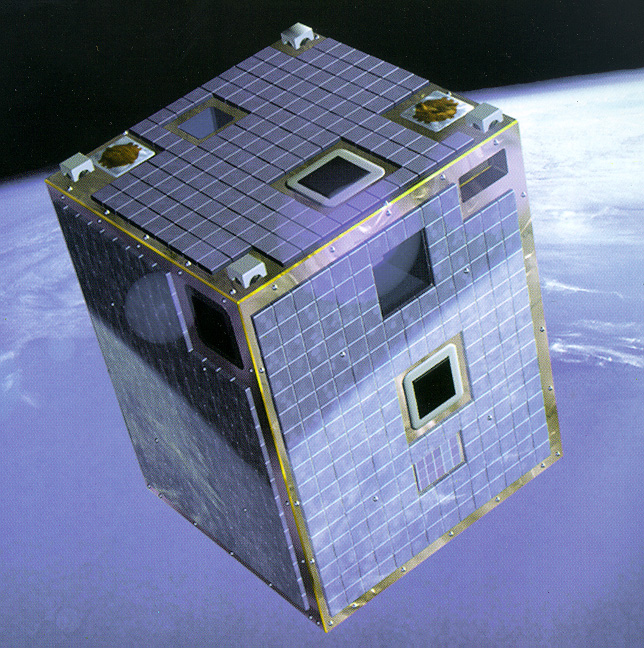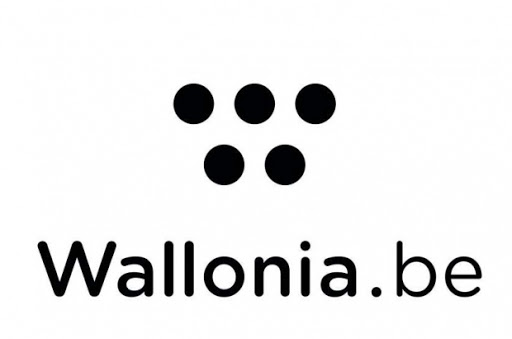(1) SPACEBEL Kicks Off SENWISE Project to Optimise Wildfire Hazard, Forestry and Agriculture Management Practices (2) Proba-1 Completing 23 Years in Orbit and Still Going Strong
(1) SPACEBEL Kicks Off SENWISE Project to Optimise Wildfire Hazard, Forestry and Agriculture Management Practices

Climate change is one of the most pressing global challenges, multiplying extreme events such as droughts, heatwaves, fires, pest diseases and storms, which are impacting our agriculture and forestry systems. To address these threats and risks, adequate, state-of-the-art approaches are required to understand how these changes are affecting us in order to propose some mitigation measures.
Spearheaded by SPACEBEL, the SENWISE project (New Sentinel Missions for Optimized Wildfire Hazard, Forestry and Agriculture Monitoring) is the perfect example of such an innovative solution. This new ESA initiative aims to leverage the power of next-generation Sentinel satellites that will expand the current capacities of the Copernicus Earth observation constellation.
In the face of global warming and the continued rise in the world’s population involving numerous threatening conditions, especially at agroforestry level, Earth observation satellites are indeed vital to monitor our planet Earth.
Satellite-based data also allow us to create or upgrade reliable tools for decision-makers, local authorities, and end users to better prepare for and respond to natural disasters impacting agricultural and forest ecosystems in particular.
SENWISE will integrate different typologies of available EO datasets as proxies for the upcoming CHIME, LSTM and ROSE-L Sentinel Extension missions in combination with advanced Earth monitoring technologies, stakeholders’ involvement and additional field observations (e.g. in situ measurements, drone imagery, …) as well as multi-source data analysis. The aim is to:
- Propose high-resolution remote sensing products to improve our understanding of land-atmosphere-human interactions;
- Provide decision-relevant methodologies to enable more sustainable agriculture and forest management practices in Belgium, France and Italy;
- Elaborate a prototype for wildfire hazard assessment and response strategies.
SPACEBEL is proud to support climate resilience and natural risk assessment through this collaborative effort involving several European partners – Centre Spatial de Liège (B), CRA-W (B), Diginove (F), Entente Valabre (F) and EURAC (I) – each partner bringing their specialised expertise to ensure the project's success.
(2) Proba-1 Completing 23 Years in Orbit and Still Going Strong

Launched on October 22nd 2001, ESA’s Earth watcher Proba-1 (PRoject for On Board Autonomy) celebrates twenty-three years of service. In its time, the small satellite was totally innovative in many ways ranging from technology, over development time and low-cost production to fully autonomous capabilities.
Notwithstanding its advanced age, the technological demonstrator “Made in Belgium” remains fully operational and has become ESA’s longest Earth observation mission of all time.
Initially intended for a two-year mission, Proba-1's prolonged operational life has yielded valuable insights into the resilience of its onboard systems. Its mission is set to end in 2028, making it the first satellite scheduled for removal by ESA's ClearSpace-1 debris removal spacecraft.
A real success story in which SPACEBEL is proud to be involved with the development of the spacecraft’s on-board software and the operational maintenance including the successful delivery of a software “patch” to correct the effects of the orbit degradation due to the satellite’s extended lifetime.
Built by RedWire Space in Belgium, Proba-1 has been the first satellite of ESA’s Proba series to which Belgium has been closely contributing and SPACEBEL in particular as contractor for the software subsystem. The Proba family also includes:
- Proba-2 (Sun observation, Space Weather) – still in operation;
- Proba-V (Earth observation, worldwide vegetation monitoring) - mission ended on October 31st 2021;
- Proba-3 (formation flying technology & study of the Sun’s corona, Space weather) – set to fly off in December 2024.
